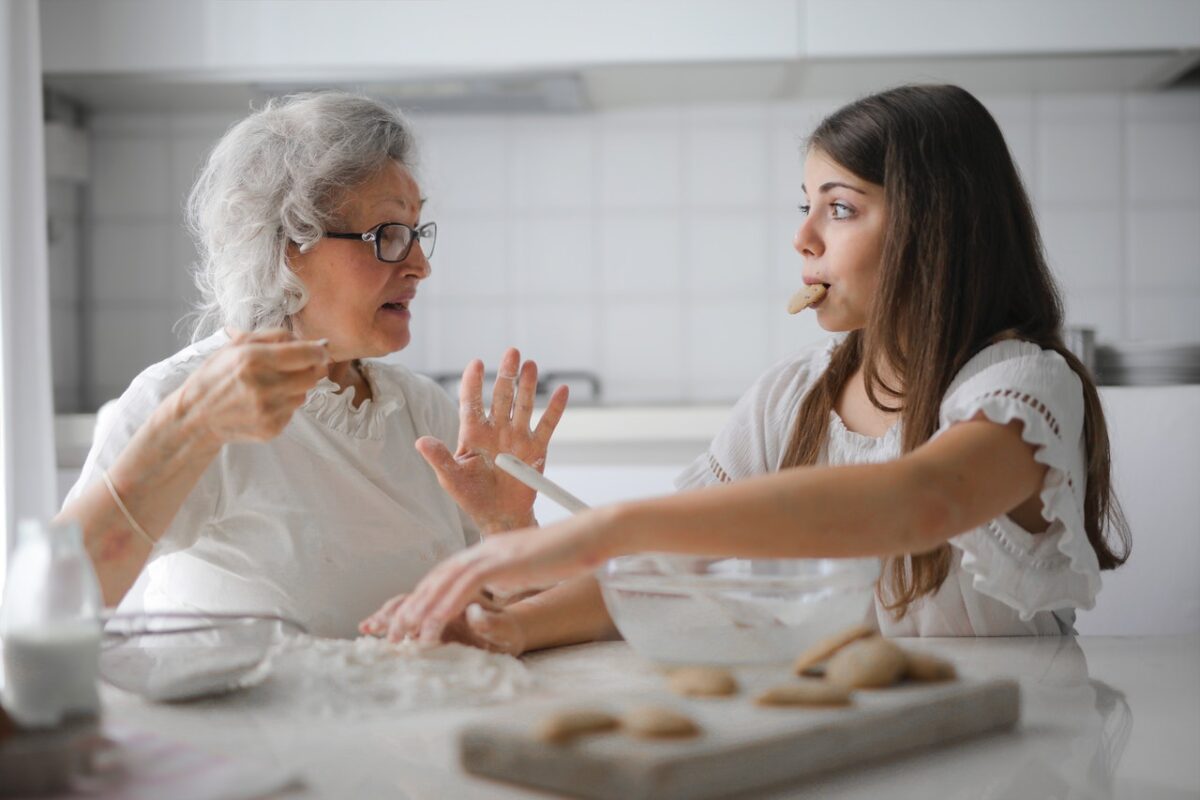One day in our lives, we may be faced with having to care for a senior. When it comes to caring for a senior, it is important that you understand that there are many things to consider. Many factors must be considered when choosing a caregiver, such as a person’s need for care, their caregiver certification, and most importantly whether they feel safe and secure.
Whether they’re your parents or grandparents, seniors need thoughtful care at all times. It’s critical to understand their needs, including their medical condition, physical limitations, and emotional needs. Some seniors can be sensitive and quick-tempered, so planning how you’ll care for them is essential.
If you need more time to take on this huge responsibility, consider a residential aged care facility for your elders. These facilities can provide the best care they need round-the-clock. If you want to learn more about their programs, you may check out their websites.
In this comprehensive guide, we’ll explore everything you need to know about approaching caregiving for seniors. From starting with the basics, such as understanding what types of care are available and what they cost, to going beyond that and providing support during caregiving, this guide will help you approach your senior care in a way that is best suited for them.
What to consider when caring for a senior
If you’re caring for a senior, consider many things. You should consider their age and physical needs, the type of care they need, how much space they require, the cost of caregiving, and the best way to approach caregiving.
By taking these factors into account when caring for the elderly or aging, you can ensure that you’re providing the type of care they need while also keeping your personal life in check.
Types of care that are available
One of the most important things to consider when caring for a senior is the best care for them. There are four main types of care:
- Homecare (homemaker, home health aide)
- Residential care (nursing home, assisted living)
- Nursing homes
- Hospitals
Home care is typically the first type of care people think of when they hear “senior” or “caregiving.” It’s a simple choice to make – stay at home or be cared for in an environment outside their own home. Home care can take on many shapes and forms, depending on what is desired by the senior, so it’s essential to understand what is available. For example, if someone plans to stay at home and get help from family members and friends for daily needs but doesn’t want full-time nursing services, this would be considered part-time home care.
When considering how much it costs to provide a certain amount of care, it’s important to keep in mind the variables like who will be providing these services, how often they will provide such services, where these services will take place, and when these services will take place. If you are looking for full-time residential care, you should look at how you will fund this using expert advice from JacksonWhite – ALTCS to protect assets and get the correct type of care possible.
How to support your elderly person during caregiving
As a caregiver, you want to make sure that your senior is happy and feeling cared for. But, the reality is that caregiving can be challenging and stressful for people of all ages.
You can support your elderly person during caregiving by being available. By making yourself available to them, you are providing an opportunity to share their thoughts and feelings as they move through life’s transitions. It also provides a chance for both of you to talk about what they need and when they need it.
It’s important to know what your elderly person needs at different points in time so that you can provide them with the resources they need to feel safe and secure. For example, if your elderly loved one needs some extra support around mealtime or bedtime, use this information to plan out how you’ll spend time with them.
Loneliness and isolation can be a problem for older adults. So, encourage them to maintain relationships and engage in social activities. It’s also ideal to involve them in decision-making related to their care, as this can make them feel more in control of their lives.
Although you’re there for them, you must also help them maintain independence. Let older adults do as much for themselves as possible. For instance, they can continue managing their finances or going shopping but be sure to provide some assistance.
Furthermore, you have to remember that caregiving can be demanding. It’s essential to have time for yourself. Find ways to have a break, whether by having someone else take over your caregiving duties for a short while or finding other forms of respite care.
Information provided in this article will also provide peace of mind when caring for that special person.



